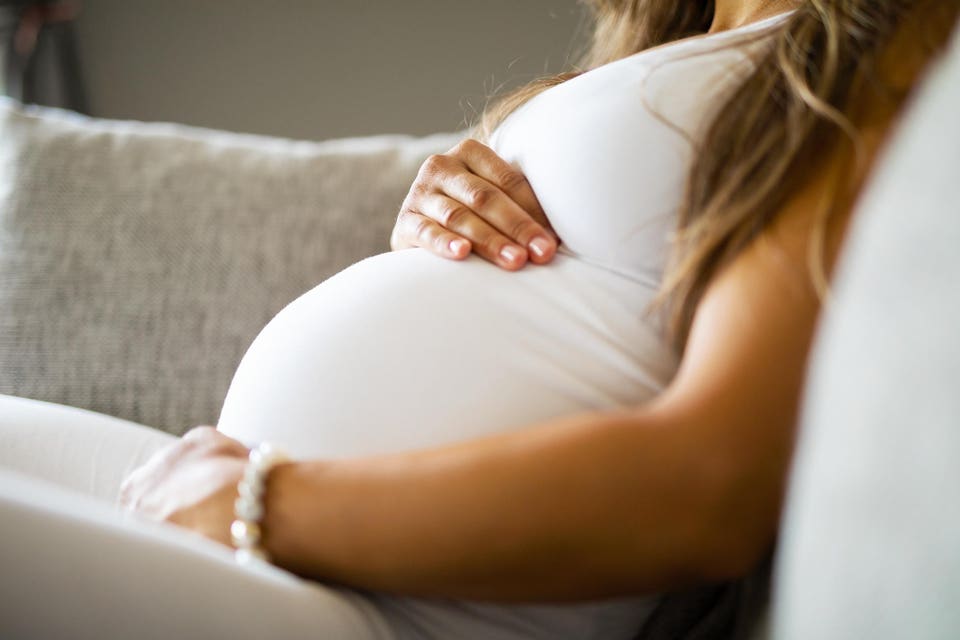U.K.’s First Womb Transplant A ‘Massive Success,’ Say Surgeons


A close-up image showcases a pregnant woman sitting comfortably on the side of a sofa, emphasizing the significance of the news to follow. The United Kingdom recently celebrated its first-ever successful womb transplant, hailed as a “massive success” by the surgical team involved. This groundbreaking procedure offers hope to individuals like a 34-year-old woman who previously believed they would never conceive. Affected by type I Mayer-Rokitansky-Küster-Hauser syndrome, a condition that stunts womb development, she received her sister’s uterus as a gift. Her sister, a 40-year-old woman who had already birthed two children, selflessly donated her womb to fulfill her sibling’s dreams of becoming a mother.
The detailed account of this revolutionary surgery reveals that it required two complex overlapping surgeries, spanning a total of 18 hours. While the woman involved wishes to maintain her anonymity, it is heartening to hear that she is scheduled for an embryo transfer later this year, which might bring the joy of pregnancy into her life. This remarkable procedure occurred earlier this year, but its publication in the British Journal of Obstetrics and Gynaecology on Tuesday has only now brought it to public attention.
Womb transplants remain relatively uncommon, limited to just a few countries globally. To date, approximately 100 such transplants have been performed worldwide, resulting in at least 49 successful pregnancies. In the United States alone, 33 women underwent womb transplants between 2016 and 2021. Nonetheless, these operations carry risks and potential complications that recipients must consider. Additionally, anti-rejection medication required post-transplantation may induce severe side effects. In this particular case, the recipient will have her donated womb removed after a maximum of two pregnancies, although some women have had to undergo earlier removals than originally planned.
The surgical team, led by Isabel Quiroga, a consultant transplant surgeon at Oxford University Hospitals, and Professor Richard Smith, a consultant gynecologist at Imperial College Hospital London, expressed their gratitude for the success of the procedure. It is worth noting that Professor Smith also chairs Womb Transplant U.K., the charitable organization that funded this transplantation. Even though the team has permission to conduct 15 transplants, further funding is required to complete the procedures, each costing around £25,000 ($32,000). Their ultimate goal is to expand this revolutionary medical advancement to benefit more women, particularly those who have lost their wombs due to other health conditions.
This remarkable success follows over two decades of British research that has led to the development of fertility-preserving procedures for women facing specific gynecologic cancers. In an interview with BBC News, Professor Smith expressed his satisfaction with the outcome and labeled the procedure a “massive success.” He extended his gratitude and appreciation to Womb Transplant U.K. and the recipient’s sister for their roles in making this transplant possible. Looking ahead, Professor Smith hopes to conduct additional womb transplants, contingent upon securing additional funding and finding more willing donors. He emphasized the team’s aspiration to assist other women with underdeveloped or absent wombs in the near future.
Isabel Quiroga, having played a key role in the surgery, described the experience as a privilege. While acknowledging the operation’s length and complexity, Quiroga expressed her delight in the smooth progress of both the donor and recipient. She looks forward to a time when this groundbreaking procedure becomes more commonplace, affording more women the incredible opportunity to carry their own babies to term.
